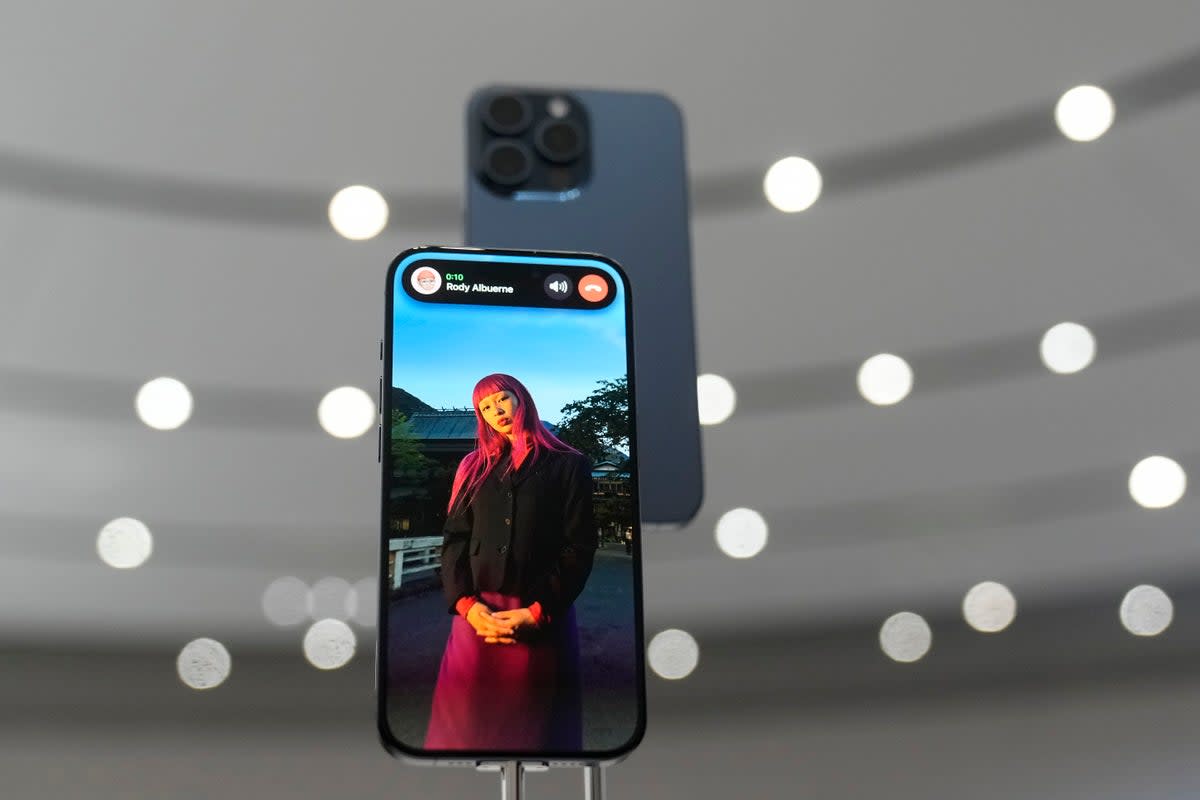iPhone lawsuit ‘threatens who we are’, Apple says

Apple says that a US government lawsuit “threatens who we are” and would “set a dangerous precedent”.
The antitrust proceedings, launched by the US Department of Justice, argue that Apple has unfairly abused its power over the iPhone. It argues that Apple has frozen out developers and limited features for users, leading to worse products and higher prices.
Apple says however that it will oppose the lawsuit and that it would no longer be able to make “the kind of technology people expect” from the company.
“At Apple, we innovate every day to make technology people love—designing products that work seamlessly together, protect people’s privacy and security, and create a magical experience for our users,” Apple said. “This lawsuit threatens who we are and the principles that set Apple products apart in fiercely competitive markets.
“If successful, it would hinder our ability to create the kind of technology people expect from Apple—where hardware, software, and services intersect. It would also set a dangerous precedent, empowering government to take a heavy hand in designing people’s technology.
“We believe this lawsuit is wrong on the facts and the law, and we will vigorously defend against it.”
The Justice Department alleges that Apple uses its market power to get more money from consumers, developers, content creators, artists, publishers, small businesses and merchants.
The civil lawsuit accuses Apple of an illegal monopoly on smartphones maintained by imposing contractual restrictions on, and withholding critical access from, developers.
Apple has already been subject to antitrust probes and orders in Europe, Japan and Korea, as well as lawsuits from corporate rivals such as Epic Games.
One of Apple‘s most lucrative businesses - its App Store, which charges developers commissions of up to 30% - has already survived a lengthy legal challenge under U.S. law by Epic. While the lawsuit found that Apple did not violate antitrust laws, a federal judge ordered Apple to allow links and buttons to pay for apps without using Apple‘s in-app payment commission.
In Europe, Apple‘s App Store business model has been dismantled by a new law called the Digital Markets Act that went into effect earlier this month. Apple plans to let developers offer their own app stores - and, importantly, pay no commissions - but rivals such as Spotify and Epic argue Apple is still making it too hard to offer alternative app stores.
The rulings on Apple‘s App Store forced the Justice Department to look at Apple‘s other practices for the basis of a complaint, such as how Apple allows outside firms to access the chips and sensors in the iPhone.
Consumer hardware firms, such as smart-tracker maker Tile Inc, have long complained that Apple has restricted the ways in which they can work with the iPhone’s sensors while developing competing products that have greater access.
Apple began selling AirTags - which can be attached to items like car keys to help users find them when they are lost - several years after Tile had been selling a similar product.
Similarly, Apple has restricted access to a chip in the iPhone that allows for contactless payments. Credit cards can only be added to the iPhone by using Apple‘s own Apple Pay service.
And Apple has also faced criticism over its iMessage service, which only works on Apple devices.
Apple has long argued that it restricts access to some user data and some of the iPhone’s hardware by third-party developers for privacy and security reasons.
Additional reporting by agencies

 Yahoo News
Yahoo News 
